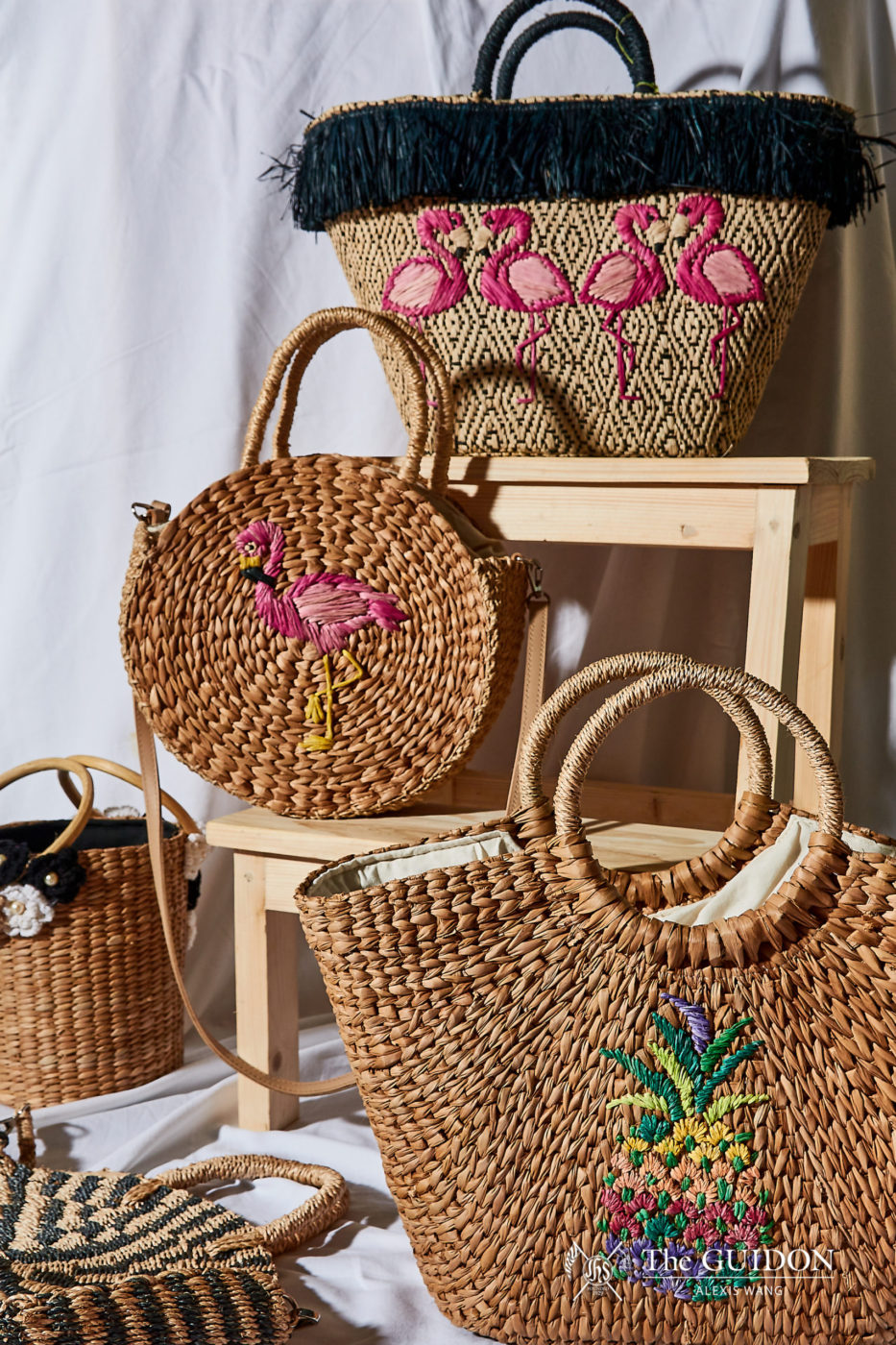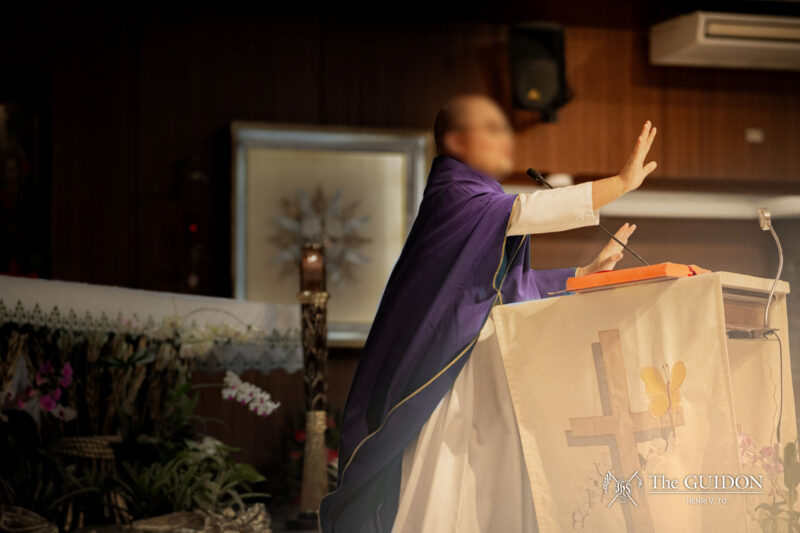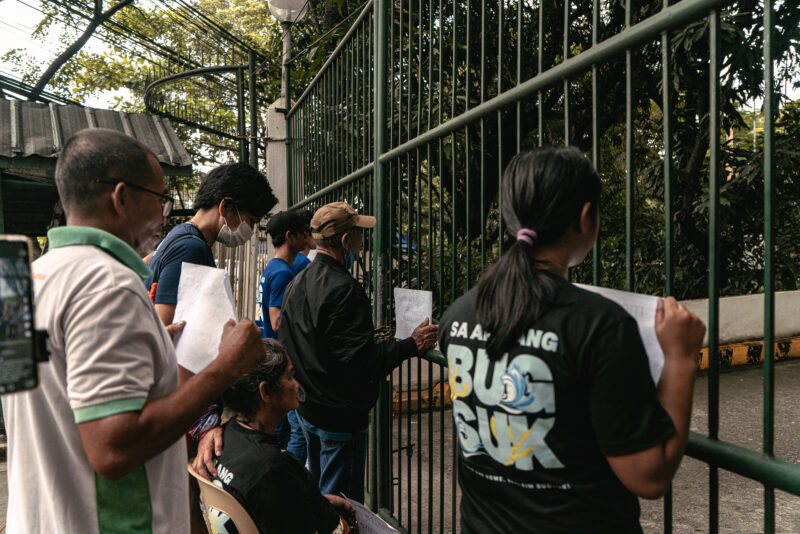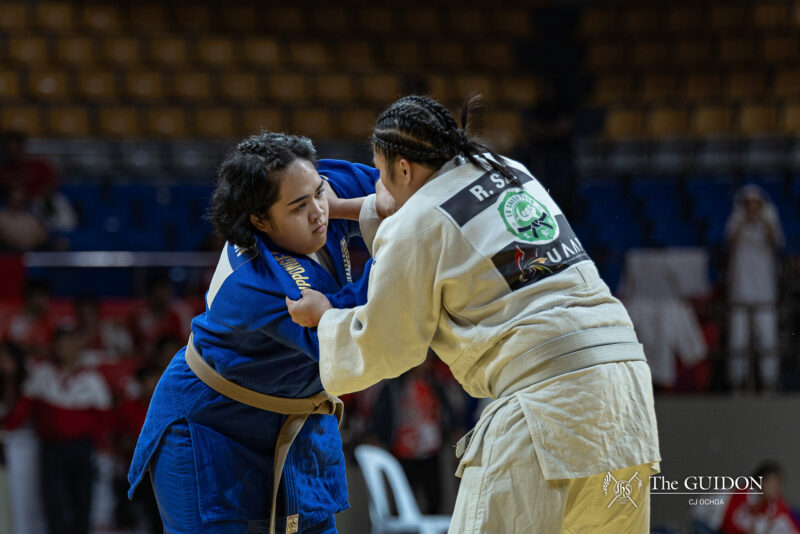Despite the current state of the fashion industry, two sustainability-centered fashion entrepreneurs take the necessary step towards a better culture.
IN A world ruled by consumerism, steadfast values and lifestyles have become a chase-worthy ideal. As recent generations manifest a change in demographic behavior, more sustainability-based fashion ventures pave the way for better consumerism and choices. This rise in interest has grown apparent as consumers recognize the true cost of the clothes they wear.
For decades, fast fashion companies have dominated the industry and continued to cause perverse consequences globally. Producing close to 100 billion pieces of garments every year, these businesses have taken a toll on communities through ravaging local resources, enough for many to reevaluate their support and participation in the cycle.
With the goal of addressing these clothing-nuanced environmental and ethical issues, concerned advocates and entrepreneurs introduce a new approach to apparel manufacturing and recognize the challenges that the industry confronts.
The state of the industry
Among display shelves of top clothing brands are an array of garments weaved with synthetic fibers called polyester. This, among many other low-cost and versatile fabrics used in fast fashion, significantly pollutes nearby oceans and rivers. Besides spreading toxic wastewater and harmful plastic micro-fibers, it takes an average of 3,000 liters of fresh water to produce a single shirt. If the level of mass production continues at this rate, the industry would be responsible for a 50% increase in carbon emissions for the next decade. Thus, these firm-induced environmental repercussions have become difficult for many to ignore.
Beyond these companies’ environmental impacts, their ethical decision-making in productions also remains questionable. Affording little to no workers’ rights to outsourced labor in foreign countries, the fast fashion industry has been complicit into the normalization of severe maltreatment and unjust compensation in said nations.
Recognizing a need to bring these issues to light, local student organizations partake in initiating collective action to educate and empower advocates passionate about the issue. Student organization FASH Founder Mia Azurin (4 BS COMTECH) made this decision when reflecting on her role as a thrift shopper. Through further research on the industry, she recognized that there is much more that could be done in numbers, prompting her to “form a community.”
In pursuit of creating this community, Azurin and the rest of FASH’s co-founders faced many obstacles including difficulty recruiting members. However, after a successful recruitment period in the first semester of 2021, she believes that their collective vision became more concrete.
Azurin notes how instilling their organization’s three key values of consciousness, community, and proactiveness empower people through their projects and initiatives. “My sustainable fashion journey felt very personal. Being surrounded by the community makes you learn more and create a greater impact,” she remarks.
As advocates continue to shed light on the industry’s harmful practices, the allure of sustainable fashion become mainstream consumer conversations. This has motivated budding entrepreneurs to explore the opportunity of manufacturing quality pieces with fabric and production sustainability at the forefront of their businesses.
Sowing the needle
The courage to enter the sustainability niche market is not as simple as watching an inspirational documentary and dropping everything. Founder and creative director of Nativ Wear PH Alex Natividad took a leap of faith in the sustainable fashion space as a consumer who hoped to purchase and deserve better product options.
At the peak of the Bali bag trend in 2019, Natividad found in her research to own one that many of these bags were mass-produced not in Bali but in China. She then recognized the opportunity for an accessory business after realizing the raw materials were available in the Philippines. Natividad points out, “Why hassle in finding a Bali bag made abroad when there are local materials that would make an even better product?”
Prompted by this, she began working on her business from the ground-up, sourcing suppliers and materials that align with her vision of creating naturally-made accessories.
On a different route, fashion designer Camille Villanueva entered the sustainability space to ensure livelihood for her employees during the pandemic. “We all didn’t know what would happen next. We just focused on all our efforts to help our sastres, cutters and weaving communities,” she expounds.
Under the suggestion of her master cutter, Villanueva reluctantly decided to produce face masks. After a few batches, her collaborator Luis Espiritu proposed she integrate handwoven Philippine textile to her designs. The successful performance of these masks in the market led to the creation of their brand CAMLU.
Regardless of how the entrepreneurs set foot in the sustainability market, significant challenges await those who enter the space.
Prioritizing sustainability, Natividad recognizes the need for fair worker compensation, as this helps determine the retail prices for her pieces. “We don’t change our price point because we don’t want to bargain with our suppliers… we recognize it is also their livelihood,” she shares. Thus, Nativ Wear PH continues to use the natural dyes and quality materials at the core of their brand’s integrity.
Beyond the need to be sustainable, the pandemic has caused further obstacles in production. Villanueva explained that further lockdowns have led them to be creative with their product designs to express gratitude for their consistent and loyal customers amid the circumstances. “We are grateful that our clients are understanding and appreciate the work we do. We have been happy to inspire a lot of people,” she remarks.
Although navigating the industry may feel like threading a needle, Natividad notes that having a growth mindset is key to doing their best work as it encourages openness to the learning process. Ultimately, this willingness to learn through successes and mistakes shows that, beyond altruism, they move forward along the journey.
Tie all loose ends
While the future of the fashion industry is unclear, people who continue to advocate for its positive reformation find solace through communal hope.
Natividad hopes that the sustainable mindset people have adopted endures post-pandemic. “We get to appreciate the products made around us because we know where they come from,” she explains, referencing how her network with other local small businesses have built a sense of community through supporting each other.
The emphasis on awareness is shared by Azurin who believes that knowing how products are made is the first step. “Sustainability starts from being more mindful of our own consumption habits and looking at how we buy and how it affects people in the supply chain,” she points out.
Beyond the roles of consumers, there is a necessity to recognize the role that companies and institutions play in fast fashion. Azurin hopes that the root causes of the issue are addressed through “radical” institutional changes.
The systemic problem that underlines the issues of fast fashion is exactly why the option for local and sustainable brands is integral for current-day customers. Whether big or small, an entrepreneur’s pursuit to form a more mindful culture around the things one wears will continue to both influence and inspire a community to do the same.







